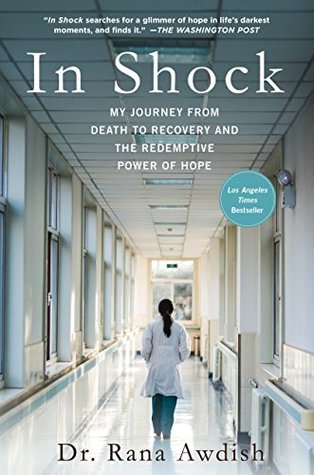More on this book
Community
Kindle Notes & Highlights
by
Rana Awdish
Read between
March 25 - March 27, 2024
We weren’t trained to listen. We were trained to ask questions that steered people to a destination.
We were cautioned against generous, open questions that were posed from a position of true curiosity. We were trained to value efficiency over cultivating a relationship through trust and disclosure. We weren’t trained to value the patient’s story.
This way of questioning, this recommendation built on empathy and a patient-centered narrative, has the potential to heal everyone involved.
“comfort IN and dump OUT.”
The traits we revile in others are often the ones that remind us most of our worst selves. And we react most strongly to the faults and flaws we see in others that we are most ashamed of in ourselves.
But allowing ego to dominate, coddling it as a mechanism of self-protection, is nothing more than allowing weakness to masquerade as strength.
We cannot change that which is true and sad. But we can acknowledge it. We can humbly witness suffering and offer support.
Our ability to be present with each other through our suffering is what we are meant to do. It is what feeds us when the darkness inevitably looms. We cannot avoid the darkness, just as we cannot evade suffering. Loving each other through the darkness is the thing to look for and to mark. It’s there, in the shadows, where we find meaning and purpose.
We define ourselves, our very identity, by our relationships, and when we lose someone, in the exchange we lose a noun that defined who we once were. We return to our lives as truncated versions of ourselves.
Our greatest gift is, in fact, our ability to be absolutely present with suffering. To allow it to transform us, and, by holding the suffering of others, transform it for them as well.


